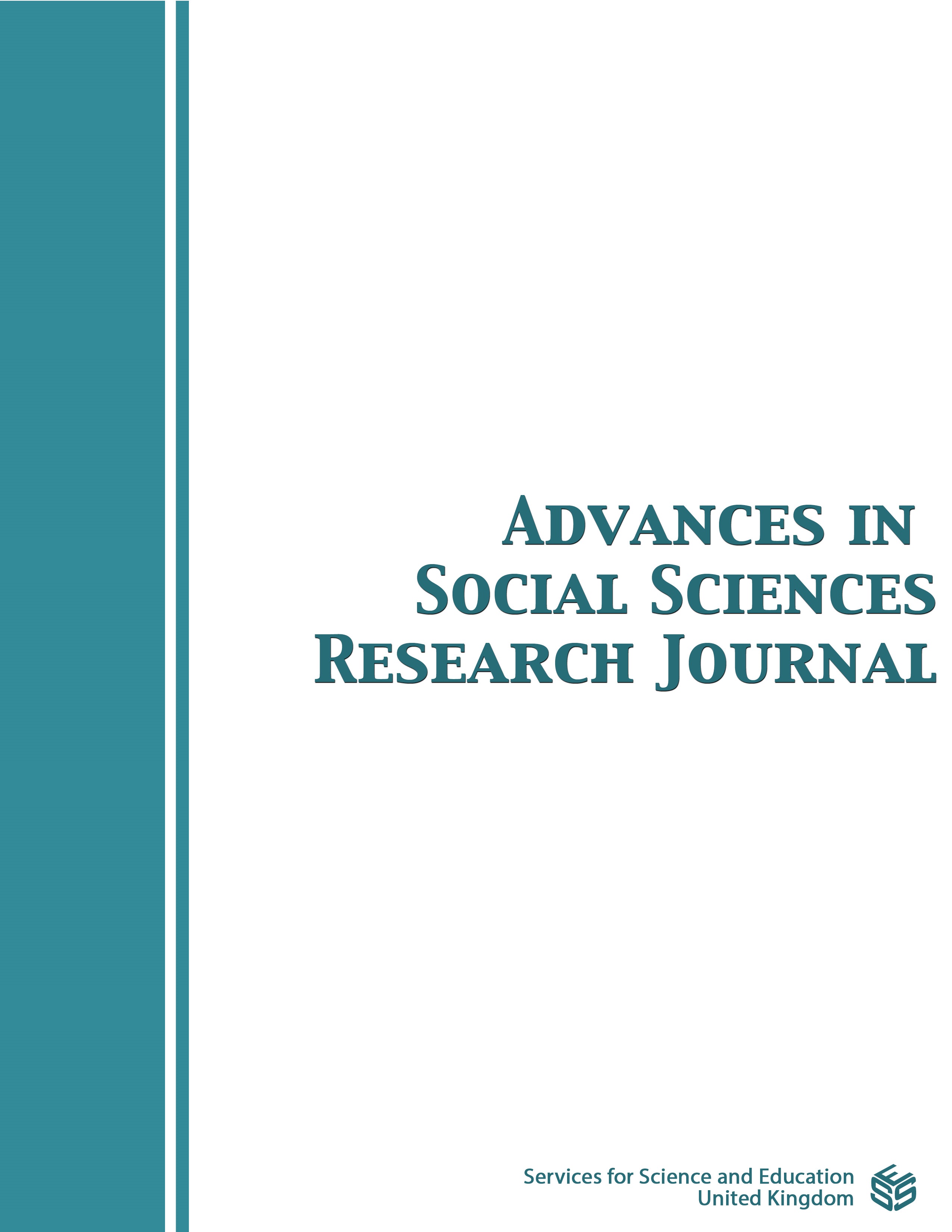Estimation Theory in Financial Accounting as It Applies to Valuing Intellectual Property Assets
DOI:
https://doi.org/10.14738/assrj.811.11103Keywords:
abandonment, estimation theory, present value of cash flow, distribution of earnings, normal fiducial deviate, opportunity lossAbstract
The abandonment option under various capital budgeting models are discussed in this study to illustrate the notion that present value of cash flows is often improperly estimated in financial models utilizing decision analytics in estimation theory as it applies in financial accounting. In this study, intellectual property rights and other intangible assets which are often not considered in the accounting estimation processes utilized in financial accounting. An investor/analyst often misestimates cash flow resulting in less-than-optimum capital budgeting decisions. This is especially a problem when actions to abandon for salvage and other similar decisions improve when the present value of intangibles and property rights are included in the decision process. This last statement is the goal of this study as well as to present well-founded processes to improve abandonment and similar decisions in capital budgeting decisions. The estimation problem in financial accounting is included in the analysis to accomplish this goal.
Downloads
Published
How to Cite
Issue
Section
License
Copyright (c) 2021 Jeffrey Jarrett

This work is licensed under a Creative Commons Attribution 4.0 International License.
Authors wishing to include figures, tables, or text passages that have already been published elsewhere are required to obtain permission from the copyright owner(s) for both the print and online format and to include evidence that such permission has been granted when submitting their papers. Any material received without such evidence will be assumed to originate from the authors.






